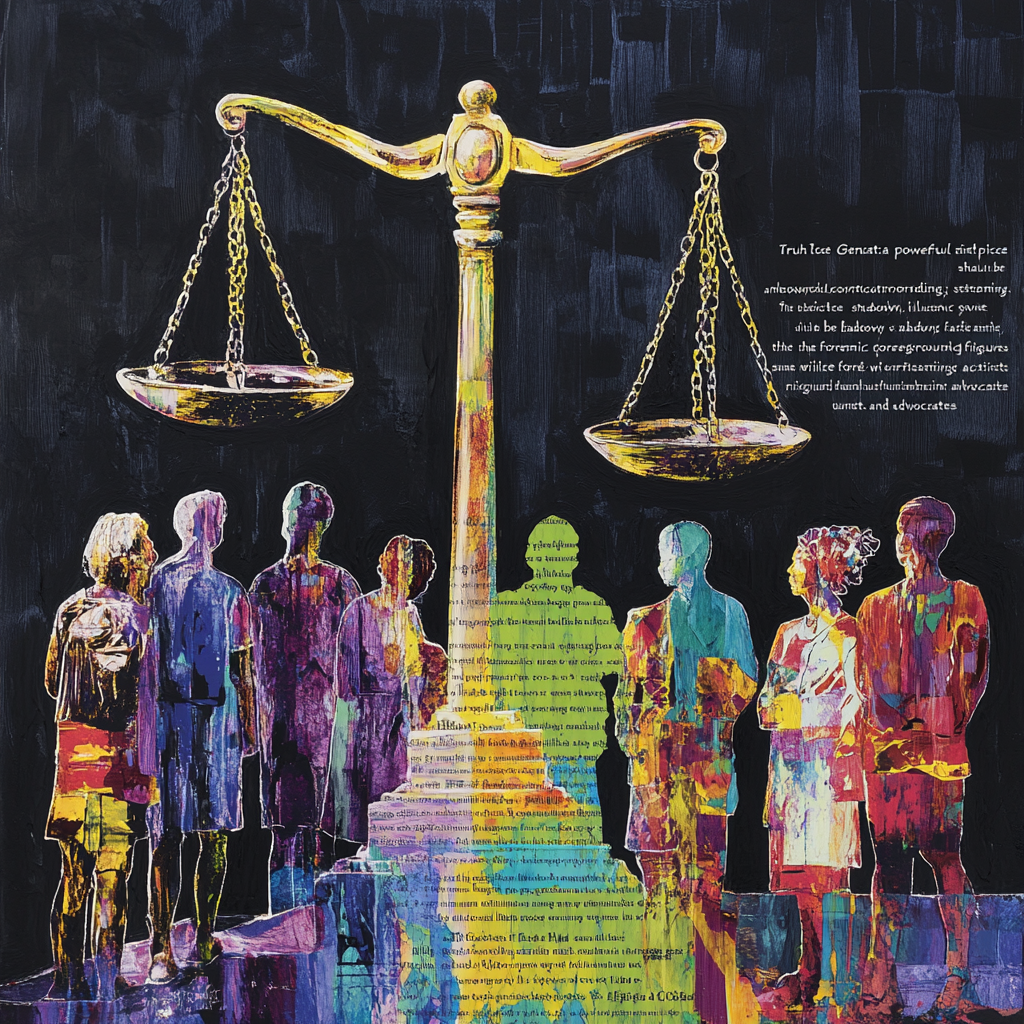In today’s complex legal landscape, the intersection of law enforcement practices and individual rights can provoke intense debate and concern, especially surrounding proactive stings intended to combat child exploitation. While these measures are firmly rooted in the desire to protect vulnerable populations, their implementation often raises significant questions about due process, accountability, and civil rights. In a recent discussion, Kathleen Hambrick, a passionate advocate for justice and founder of Cage (cage.fyi) (a comprehensive resource for victims of the legal system), brought attention to two crucial bills being introduced in Washington State that aim to address the shortcomings in how proactive stings are conducted and their consequences. This article delves deeper into their implications, highlighting legislative reform, the balance of oversight in law enforcement, and ways for concerned citizens to take an active role in enacting change.
The Proactive Sting Dilemma
Proactive stings are operations where law enforcement officials set up scenarios aimed at apprehending individuals who they suspect may be seeking to exploit children online. Initially designed to deter predatory behavior, these operations can sometimes morph into problematic practices. As Kathleen Hambrick shared, in her advocacy work highlighting the complexities of these legal measures, one significant concern is the incentive structures that law enforcement agencies may face when performing these operations.
The Case for Advisory Oversight
One of the most pressing elements of the proposed bills is the reestablishment of an advisory board associated with the Missing and Exploited Children’s Task Force (MECTF). This board is essential because without proper oversight, law enforcement agencies can deviate from their intended objectives. Kathleen recounted an alarming reality: during her son’s wrongful arrest in a proactive sting operation, it became evident that the police were not adhering to their own stated goals, as confirmed by a police officer’s testimony during the trial.
This disparity highlights a need for an independent board that includes not only law enforcement representatives but also defense attorneys and legal practitioners who can genuinely evaluate the efficacy and adherence of proactive stings to established guidelines. Having legal experts present on this board would ensure that police actions are appropriately monitored, reducing risks of wrongful targeting and civil rights violations.
Legislative Changes: Bills 5282 and 5312
The bills currently under discussion—5282 and 5312—have the potential to reshape the landscape surrounding how proactive stings are carried out and how individuals found guilty of these victimless crimes are treated.
Bill 5282: Establishing Vigilance
This bill focuses on restoring an advisory board for the MECTF, which is paramount given past abuses in the system. Kathleen emphasized that under the newly proposed structure, the inclusion of defense attorneys will lead to more balanced oversight, preventing law enforcement from solely dictating the terms of engagement without transparency. Furthermore, with public meetings subject to the Open Public Meetings Act (OPMA), transparency will ideally become a standard practice, allowing community members to hold law enforcement accountable.
Bill 5312: Changing Sentencing Standards
Perhaps more groundbreaking is Bill 5312, which seeks to amend the current sentencing standards for offenses related to proactive stings. Historically, an individual could be sentenced to lifetime registration and parole for attempted crimes that didn’t involve any hands-on offense, which raises significant moral and ethical concerns. The proposed changes would scale back these harsh penalties for individuals with no prior sexual offense history, thus treating these cases more appropriately by recognizing the distinction between actual offenses and implied intent.
In the words of Kathleen, “This is a huge difference,” emphasizing the critical nature of distinguishing intent and action within the legal framework to avoid unfair and debilitating consequences for individuals mistakenly caught in these operations.
Advocacy and Community Involvement
For readers who wish to support these vital reforms, there are several avenues available. Both bills are scheduled for legislative hearings, and community voices are essential in amplifying their significance. Kathleen highlighted the need for at least 1,000 pro votes to demonstrate public support for these proposed bills. By utilizing links on her blog, individuals can declare their support, regardless of whether they reside in Washington State or beyond.
On the ground, citizens can help by:
- Visiting advocacy websites like Lady Justice Myth
- Signing petitions supporting the bills
- Sharing information on social media platforms to raise awareness within their networks
- Contacting local representatives and urging them to back the proposed legislation.
Conclusion: A Step Toward Justice
The recent dialogue surrounding these new legislative bills represents a pivotal moment in the ongoing quest for justice reform. By striving for accountability in law enforcement practices and advocating for humane treatment of individuals entangled in proactive stings, advocates like Kathleen Hambrick shine a light on the importance of due process within our legal system.
Ultimately, whether or not these bills pass into law, the dialogue they generate serves as a critical reminder of the continuous need for reform to ensure that justice is equitable and serves all members of society. Advocacy brings communities together, empowering individuals to stand against injustices within the legal framework—together, moving toward a more just and fair society for everyone.
As the journey for reform continues, every voice matters. Join the conversation, lend your support, and actively participate in shaping the future of justice in your community. Together, we can foster a legal system that prioritizes protection without sacrificing the rights and dignity of individuals.






Leave a Comment